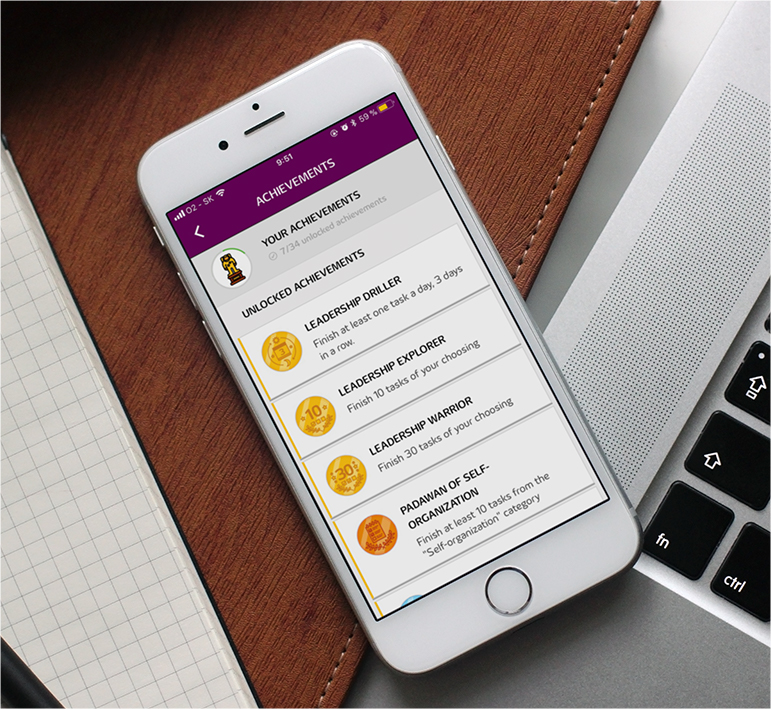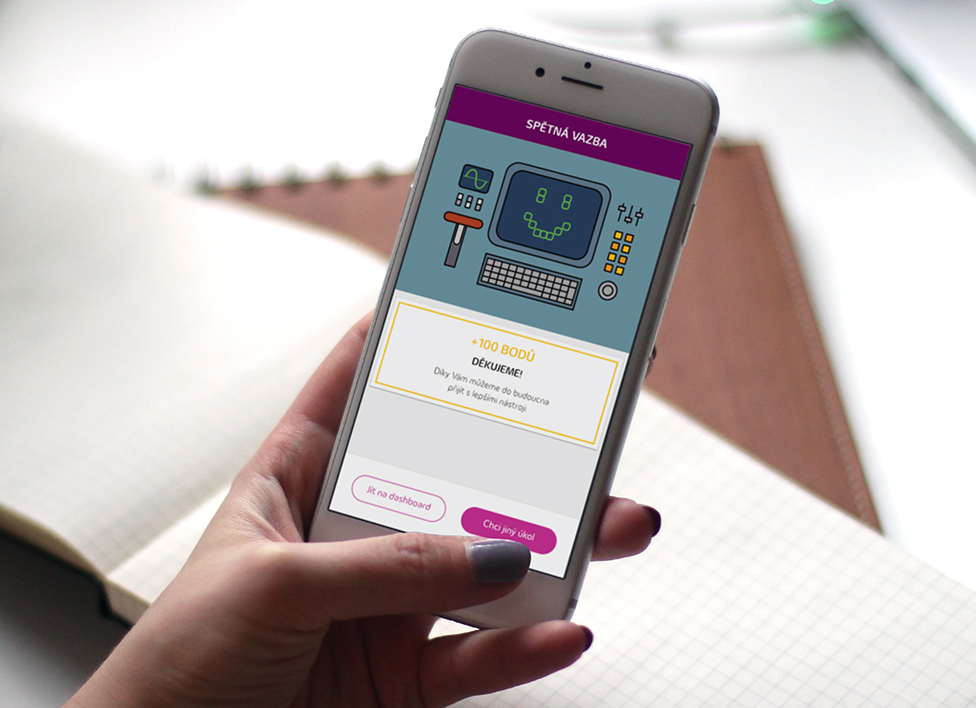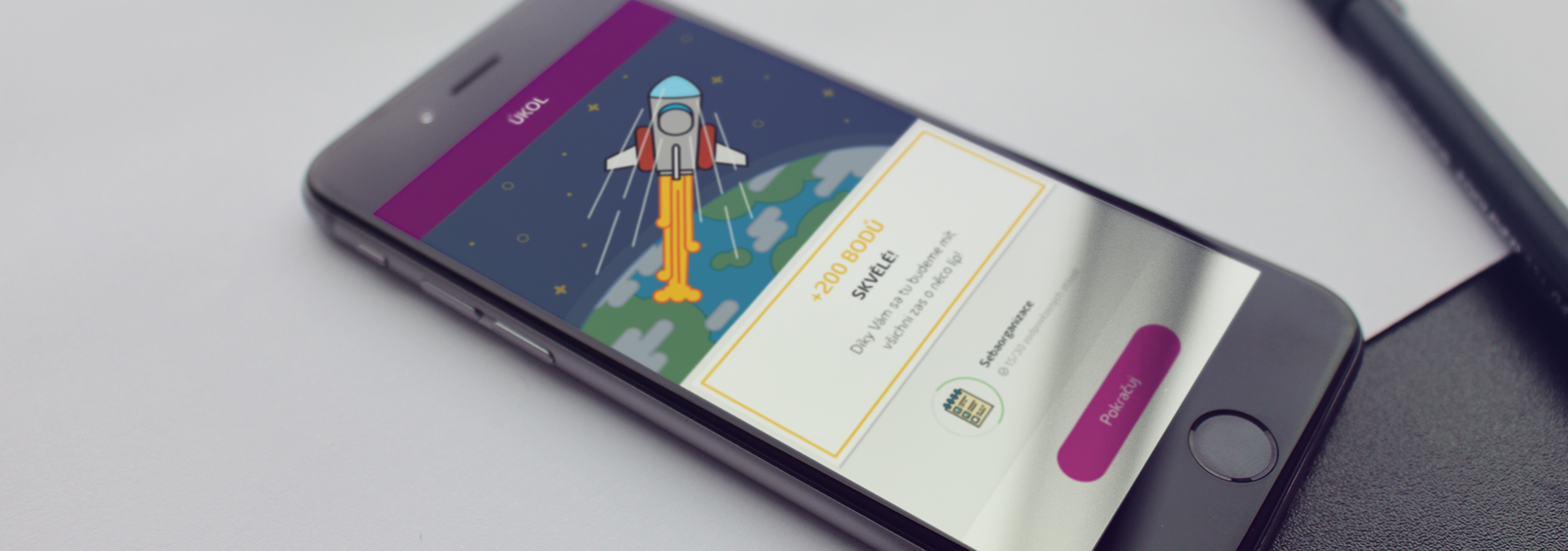One of the largest gas suppliers and electricity network providers in the Czech Republic underwent a transformation, which introduced lean principles. A change of this magnitude required managers to change their approach in managing subordinates.
Classic methods turned out to be ineffective. A brand-new solution was needed – and that is where our roads crossed.
Here is our story.
 Client
Client
innogy — #1 gas supplier in the Czech republic, is a modern energy company with 1.7 mil. customers and 4.200 workforce.
 Starting point
Starting point
The client identified nine competencies that should be applied by the managers on a daily basis. The question was how to effectively help managers apply those competencies. From experience, the client knew that managers can benefit the most from combining a traditional way of learning (classroom training, e-learning, coaching or mentoring) with some kind of follow-up after, which helped them to strengthen the competencies and to create a habit.
Secondly, with limited time on their hands and multitasking often, our target group needed a solution that would not take up much time, provide quick results and feel purposeful.
 Gamified solution
Gamified solution
After a couple of workshops, we came up with a proposition: a mobile app that enables regular, daily, but not time-demanding interactions. Every workday, the user receives a push notification, informing him/her that there is a task-of-the-day to be completed.

Simple and convenient
The tasks are actually behavioural questions verifying if the manager is familiar with the respective behaviour/practice and it takes only fifteen to thirty seconds to finish it. There are no wrong / right answers. These interactions are simple reality checks/nudges that make them reflect on their own routine. Thanks to this approach, the managers are in their comfort zone – if a manager does not complete a task, he/she is not accused of being ineffective. He/she just leaves a comment or reason why he/she thinks this activity is ineffective for him/her.
Content, that supports values
While some of the tasks are reality checks/nudges that basically state the obvious, the majority of the content refers to practices that might be new to managers. Thanks to daily push messages, users become familiar with the activities, which are backed by two sentence examples, which they can easily project into their own routine. Also, feedback is collected from the managers, so the client can assess if they consider the activity valid and valuable.
As a result, the manager has this development tool in his/her pocket and can work on his/her development anytime – even when waiting in queue in a cafeteria.
As they go through these inputs, their overall progress is displayed on a clean dashboard. It shows them the overall improvement and progress within each competence as well.
 Tools we used
Tools we used
-
Sense of autonomy
You can choose when, where and how intensively you wish to use this app.
-
Empowering feedback
Each major action is followed by reinforcing feedback, a virtual pat on the back. Occasionally, an unexpected badge can be earned to signify a major achievement.
-
Soft peer pressure
We did not want any head-to-head competition. However, we wanted to display a benchmark for each individual’s results, so they can assess, how they fare with respect to their colleagues. Since no tangible rewards were promised or attached, this information was purely informal.
 Results
Results
-
More than 80% of the target group has downloaded and used the app
-
More than 230 suggestions for practice improvement
-
Increase in the awareness of company’s new strategy.
-
The feedback on the app is very positive and the client decided to use it for other purposes as well as for a different target audience.





